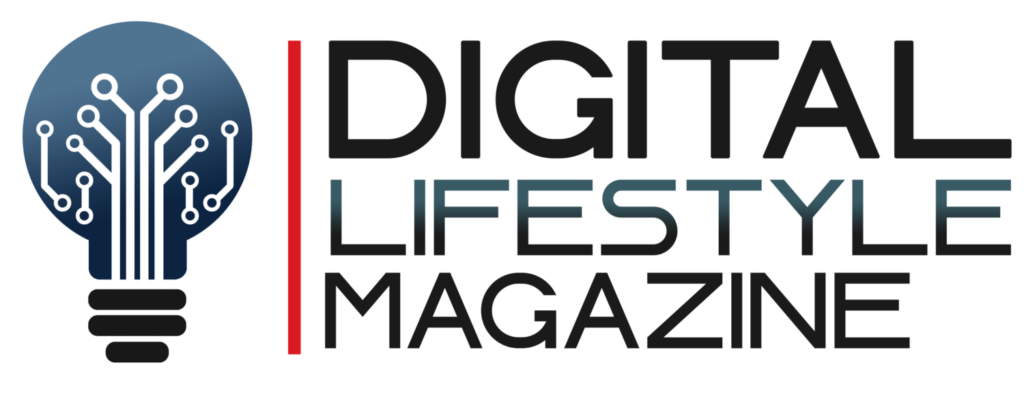Debt has become a way of life. If you’re tired of dealing with the anxiety of wondering what you’ll do if something terrible happens, the tips below can help you understand where your debts came from, pick up skills to face them, and wipe them out faster than you thought possible.
Table of Contents
Get It On Screen
Set up a spreadsheet that allows you to rank and sort
- who you owe
- the interest rate you’re paying
- the total debt
- the monthly payment
If you have more months than money, sort this list by monthly payment from highest to lowest. From the top-down, think about how you can reduce each of these payments. If you have a car loan, can you refinance it for a lower payment over a longer time? Can you take on a roommate without risking your lease?
For those who have enough coming in to pay all the bills each month but have nothing left for savings, sort your spreadsheet by total owed from smallest to largest. Keep a small notebook that will allow you to track every penny you spend. After weeks of tracking, pen down all your necessary and random expenses to know how much you are spending. Next week, cut out as many not-so-smart spends. Split the funds you save. Put half in a savings account and dump the rest on your smallest debt in the “total owed” column.
Earn More
Can you take on another job for a limited time to help you wipe out the most significant payment? One side hustle, or working just a few hours a day, can help you collect a lot of cash that you can use to target that biggest debt.
If you plan to start a small business, understand that you may need to borrow money from banks on your account to build your business. Staying on top of current debts to avoid negative hits to your credit rating will make your small business easier to fund.
Refinance Existing Debts
No matter what else is happening in the world, everything is still negotiable. If you have a debt that is spiraling out of control, call immediately to try to lower the interest rate or set up a payment plan.
No matter what you’re trying to accomplish with your debt, ignoring the problem is always the wrong choice.
Consolidate Your Debts With a Personal Loan
According to Lantern by SoFi, your credit rating will significantly impact rates for personal loans that can be either simple or compound. A simple interest rate charges you interest on the total loan amount. Compound interest is charged on what you borrowed, and any interest or fees tacked onto the loan. If you regularly pay your bills late and often face late fees, you will end up paying interest on your late fees if your loan has a compound interest.
A consolidation loan can help when you’re ready to tackle your debt. However, if you choose to use a personal loan to pay off a credit card but end up charging up the card again in the future, you’re probably not ready for a consolidation loan.


